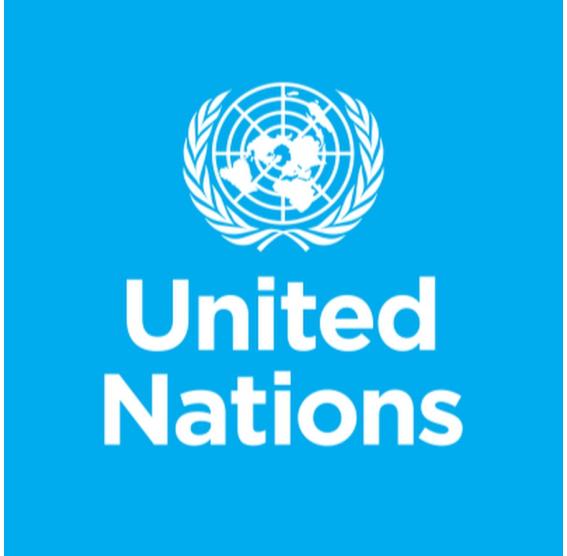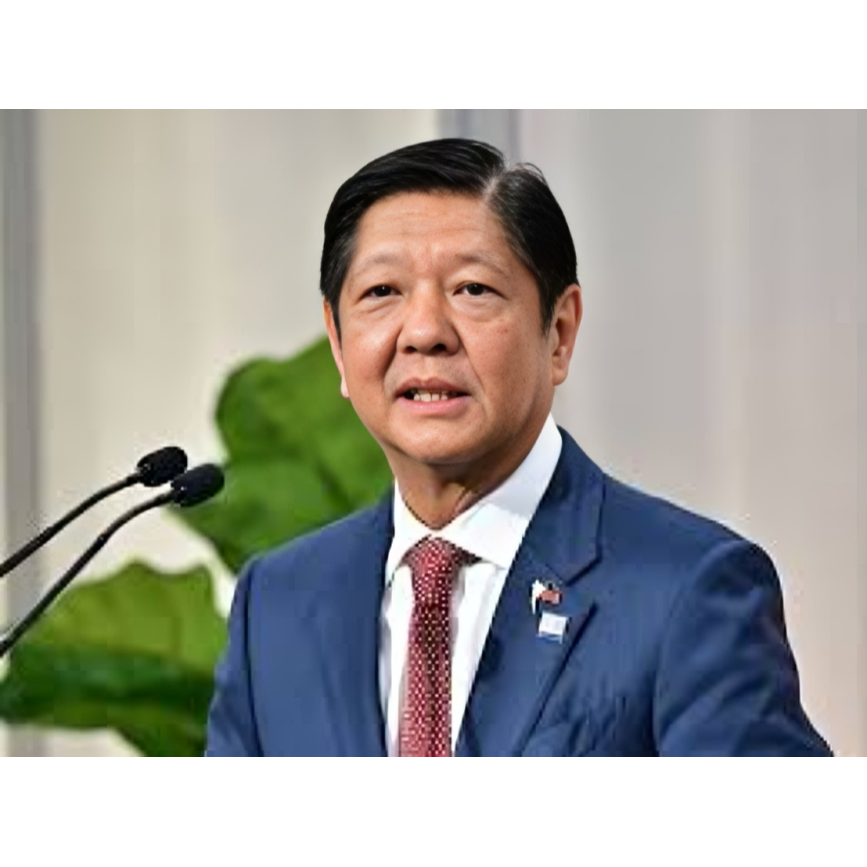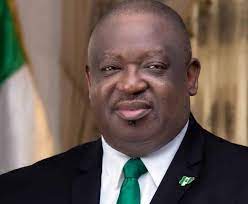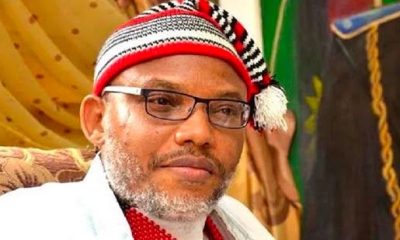Foreign News
Developing Countries Need $4.3trn to realise SDGs –ECOSOC

The President of the UN Economic and Social Council (ECOSOC), Mr Munir Akram, has said that developing countries require need 4.3 trillion dollars to realise the 17 objectives of the Sustainable Development Goals (SDGs) by 2030.
Akram spoke on Friday at the UN headquarters in New York at a high level meeting of ECOSOC.
He said developing countries would need the 4.
3 trillion to recover from the crises caused by COVID-19 pandemic.ECOSOC is one of the six main organs of the UN and the pandemic is unfolding during its 75th anniversary.
The organ promotes collective action for a sustainable world.
The meeting was held one day after the conclusion of its annual High Level Political Forum (HLPF) to review progress towards achieving the SDGs.
The ECOSOC president said ensuring COVID-19 vaccines for all would be critical if the world was to defeat the disease.
“COVID-19 vaccines for all will be critical if the world is to defeat the pandemic,’’ he said.
Reflecting on the past year, Akram recalled how the council responded to the crisis, as well as climate and development challenges, including through drawing attention to the special needs of the world’s least developed nations.
He urged countries to build on the convergence and consensus achieved in order to confront major tasks ahead, starting with ensuring that everyone, everywhere, is protected against the virus.
“Universal and affordable access to COVID-19 vaccines is essential to defeat the virus and to revive global trade, investment and growth.
“We have agreed on what needs to be done. We must now do it,” he said.
Akram welcomed plans to create 650 billion dollars in Special Drawing Rights (SDRs), a type of reserve foreign asset developed by the International Monetary Fund (IMF), among other debt relief initiatives.
On climate change, he highlighted the critical need for developed countries to fulfill their commitment to provide 100 billion dollars annually in climate finance.
“Scaled-up investment in sustainable infrastructure, an estimated requirement of one trillion dollars per year, is essential also for the transition to a dynamic ‘green’ global economy,” he said.
He also called for action plans for job creation in sectors such as construction, renewable energy, transport and housing.
The ECOSOC President urged the international community to combat rising poverty and hunger through measures that include social protection and relief programmes.
Greater access to advanced technologies and innovations, particularly digital technologies, is another priority, as they are vital to achieving the SDGs and climate goals.
Akram also stressed the need to mobilise the political will to address structural and systemic barriers to equitable growth and development, namely unequal financial, tax and trade regimes. (NAN)
Foreign News
Philippine President Calls for Resignation of All Cabinet Secretaries

Philippine President Ferdinand Marcos Jr. has asked all of his Cabinet secretaries to submit their resignations on Thursday in what he called a “bold reset” of his administration following last week’s mid-term elections.
The elections saw more opposition candidates win crucial Senate seats, signaling shifting political tides.
Marcos, the 67-year-old son of the late Philippine dictator overthrown in 1986, won the presidency in a landslide in 2022, a stunning political comeback marked by a call for national unity.
However, his vice-presidential running mate, Sara Duterte, also widely popular, later distanced herself from Marcos in a falling-out that had sparked intense political discord.
Marcos had since emerged as one of the region’s most vocal critics of China’s aggression in the disputed South China Sea, bolstered by support from the United States and other allies. Domestically, he continued to face significant challenges, including high inflation, unfulfilled promises to lower rice prices, and growing concerns over kidnappings and other crimes.
“This is not business as usual,” Marcos said in a government statement.
“The people have spoken and they expect results, not politics, not excuses. We hear them and we will act.” (AP/NAN)
Foreign News
Pakistan Blames India for School Bus Attack That Killed 5

Three children and two adults were killed in a blast on Wednesday that targeted a school bus in south-western Pakistan, with Islamabad blaming India for the attack.
Terrorists targeted the bus in the city of Khuzdar, in the restive province of Balochistan, as it took students to a military-run school, Balochistan Chief Minister Sarfraz Bugti said.
Preliminary findings suggested that it was not a suicide attack, he said at a press conference.
The dead included three young girls who were students of grades 6, 7 and 10. More than 40 students were wounded, many of them said to be suffering severe wounds.
Bugti said that his government had intelligence reports that Indian National Security Advisor Ajit Doval was planning something in Balochistan but did not expect him to target innocent children.
“After facing a humiliating defeat on the battlefield, India has resorted to despicable and cowardly acts,” the media wing of Pakistan’s military said in a statement.
“Planners, abettors and executors of this cowardly Indian sponsored attack will be hunted down and brought to justice and heinous face of India will be exposed in front of the entire world,” the statement added.
Prime Minister Shehbaz Sharif will make an emergency visit to the province where he would be briefed on the attack by terrorists, allegedly backed by India, said a statement issued by his office.
The Baloch Liberation Army (BLA), a rebel group fighting for the independence of the region from Pakistan, earlier claimed it targeted the bus, but said it was transporting the soldiers.
Islamabad claims that the BLA is backed by India.
Violence orchestrated by sub-nationalist rebels has surged in Balochistan, a region that borders both Afghanistan and Iran, and is a hub of Chinese investment and connectivity projects.
Earlier this month, India and Pakistan carried out tit-for-tat drone, missile and airstrikes targeting each other’s military installations and airbases.
The nuclear-armed rivals agreed to the ceasefire on May 10 but continue to accuse each other for terror incidents. (dpa/NAN)
Foreign News
Thousands Protest in Pakistan After Drone Strike Kills 4 Children

Thousands of people in north-west Pakistan on Tuesday blocked a highway by placing the coffins of four children who were killed by a suspected drone strike.
The protests in the Mir Ali area of North Waziristan region began earlier on Monday after a family home was hit, local resident Mohamed Jamal Dawar said.
It is not clear who was behind the incident.
Local activist Zahid Wazir said the drone was operated by the Pakistani military.
He said the home was likely mistaken as a hideout used by Islamist militants.
Pakistani intelligence officials said the explosives were fired by a quadcopter that was being operated by the Taliban militants to target a nearby military post, but that it missed the target.
An independent verification was not possible as the region is inaccessible to outsiders.
Activists of a local rights group, the Pashtun Tahafuz Movement, which is against the militarisation of the region by both the military and the Pakistani Taliban, vowed to continue the protest.
“We will continue to demand justice for our kids,” Wazir said.
The Pakistani military and Islamist militants have been fighting each other in the region for more than two decades.
More than 80,000 Pakistanis, an overwhelming majority of civilians, have lost their lives in years of violence. (dpa/NAN)































